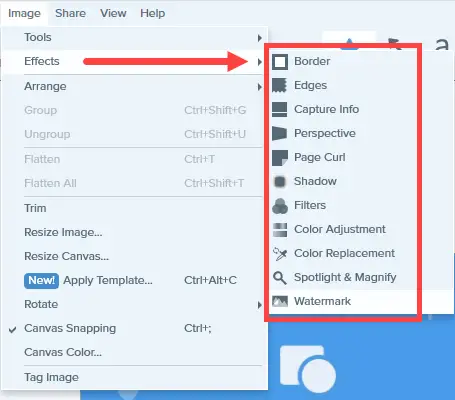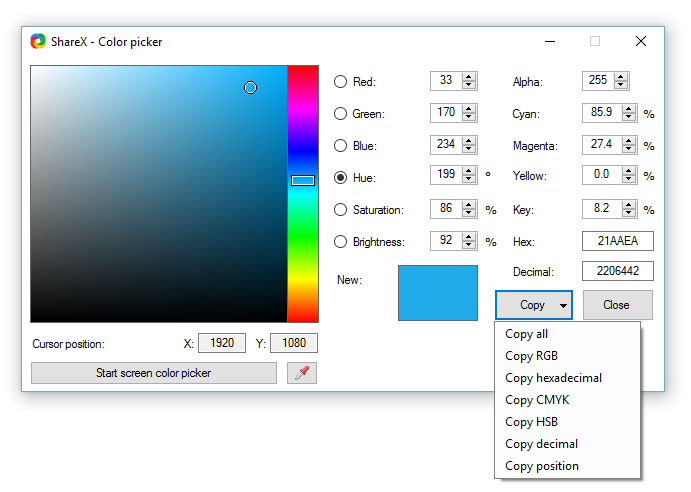

Get a CAT tourniquet, trauma dressing, Celox (preferred) or QuikClot bandage, triangular bandage, SAM splint. Get a first aid kit, and not just one with bandaids.

You can also get USB lights ( this one for instance) and your powerbank doubles as a flashlight with a very long battery life. It's good as barter items and it can be nice to recharge your things when you have no access to a generator (on the go, or if you don't want to run the generator to avoid attracting attention). If not too late, get big USB power banks (>=10000mAh such as this one) and fully charge them beforehand. Also use it on the lowest practical brightness setting to save battery power. If the cell service in your area is out of order, use your phone in airplane mode so that it doesn't continuously and desperately looks for a cell to connect to, which will drain the battery VERY quickly. Google Maps offline maps will expire and disappear from your phone after 30 days (I believe), Maps.Me maps will not. Also get the Maps.Me app and download the map of your area too. Can be priceless to navigate around and doesn't require internet access. Don't tell anyone you have this.ĭownload the offline map of your area on Google Maps on your phone beforehand. Can be used year-round when hiking, snow-mobile, skiing. Excellent to keep in touch with relatives and in case of emergency. You can request SOS (much like 911), and send/receive SMS and e-mails, even without cell coverage. If you have the money, get a Garmin inReach satellite communicator (requires a (relatively cheap) subscription, down to $15ish a month).

If you don't have access to clean water it can help you stay healthy (beware of chemical contamination which cannot be removed by these).

I would suggest having a battery-powered FM radio (and extra batteries if it's battery powered, or get one which charges via USB like the one I linked) to listen to the news and get vital information.Īlso (if not too late), order a sawyer mini (best) or lifestraw (not as good).


 0 kommentar(er)
0 kommentar(er)
